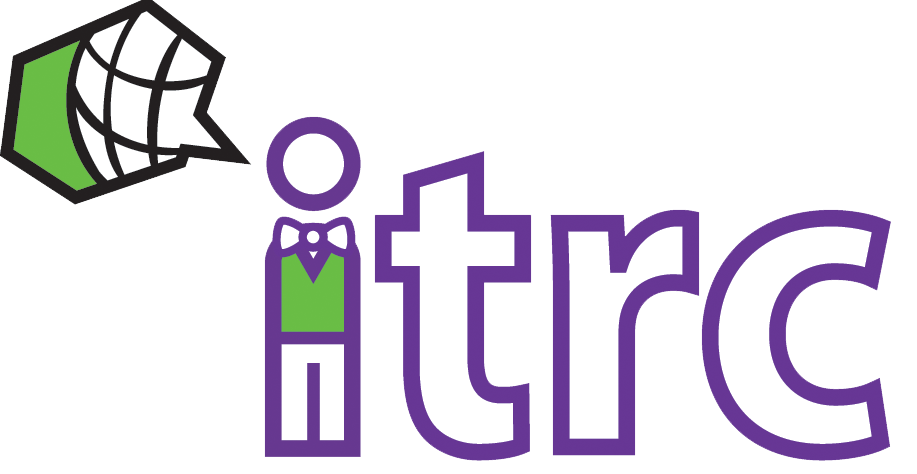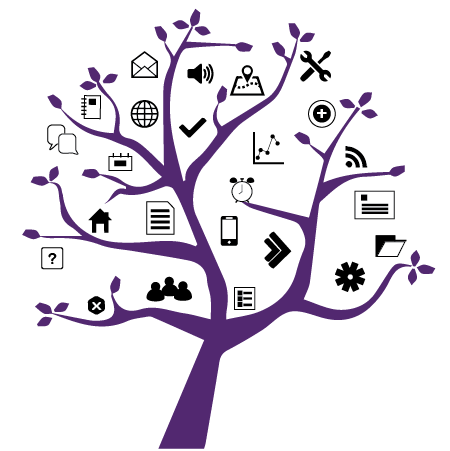
Photo Credit: Mike Petrucci
Set your work free
Added on March 14, 2020
by Jen Sadler
Updated on June 26, 2020
Instructors who build digital learning resources such as videos, diagrams, images, slideshows, podcasts and textbooks put huge amounts of effort into creating content. However, when the semester is over and the students have headed home, those resources stagnate. With open licensing instructors can choose to share the authoritative learning content that they create with a wider audience, reduce costs for students, and benefit the global community while still retaining rights to their hard work.
eCampus Ontario has created a listing of Open Textbooks which have been created and shared by university instructors. These textbooks can be modified to fit a specific class or context and are provided on the Internet under Creative Commons licenses. Educational resources like these allow instructors to share their knowledge with everyone instead of just a privileged few. Even the largest class at a university can’t compare with the size of the Internet audience. In a world where there is misinformation around many topics, curated lists of high quality open educational resources provide a source of truth and authority to a large group of people. This is a valuable service in an Internet full of fake news.
Strapped-for-cash students appreciate lower cost or free resources. A study published in the Canadian Journal for the Scholarship of Teaching in Learning showed that students perceive printed open textbooks to be superior than traditional texts. The same study showed that the students who used open textbooks performed as well or better than their peers using commercial textbooks. Textbook cost is also an aspect on the site Rate My Professor. If you’re looking to improve your rating, it may be time to ditch the commercial text.
Making educational resources open also allows people who would not otherwise have had access to information an opportunity to learn and contribute meaningfully to the global discussion. This is especially true in developing economies. In a special report on the role of Open Educational Resources in Supporting Sustainable Development, Dr. Rory McGreal, the UNESCO/COL/ICDE Chair in OER at Athabasca University says: “OER can be used to increase access to learning for those living in unfavourable circumstances, and can also be used to address issues of cost, quality, and equity.“
With Creative Commons licenses ranging from “public domain” to “Attribution + Non-Commercial + No Derivatives” instructors can confidently make sure that the materials they provide get into the right hands, while retaining rights to the content.
At the Instructional Technology Resource Center (ITRC), Digital Media Designers create resources for instructors and students to use in Western University Courses. The eLearning Technology team and the Centre for Teaching and Learning work closely with the ITRC on these projects. If you are interested in creating digital materials and pursuing a Creative Commons license, please fill out the ITRC Project Request Form, and make sure to mention OER or Creative Commons in the description. If you would like to learn more, you can read about Open Education in Western’s eLearning Toolkit



